Specifically, caffeine can block the absorption of certain medications or can increase their effects, so it is important to ask your doctor if you need to be cautious about drinking coffee while taking a particular medication.
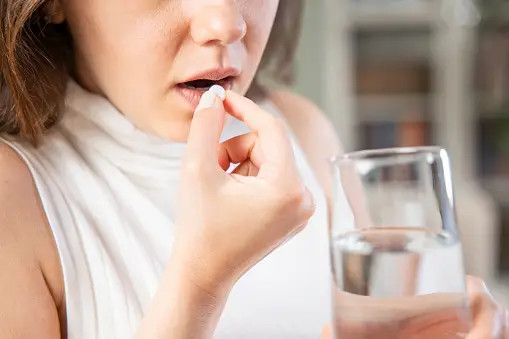
Some medications, if taken close to the time of drinking coffee, can cause restlessness and difficulty sleeping.
Medications to avoid taking with coffee
Health care professionals have long acknowledged that certain medications can interact negatively with coffee. These include medications for acid reflux, attention deficit hyperactivity disorder (ADHD), heart failure, high blood pressure, thyroid medications, and more.
According to a 2020 study published in the scientific journal BioMed Research International, caffeine can interfere with the absorption, distribution, metabolism, and excretion of various drugs.
Additionally, some cold and allergy medications, such as decongestants, contain stimulants that help keep you awake. Taking them close to your caffeine intake may cause jitteriness and difficulty sleeping.
However, not all cold and allergy medications cause problems when combined with coffee. To be sure, ask your doctor if your medication is safe to take with coffee. If not, how long it should be before you take it.
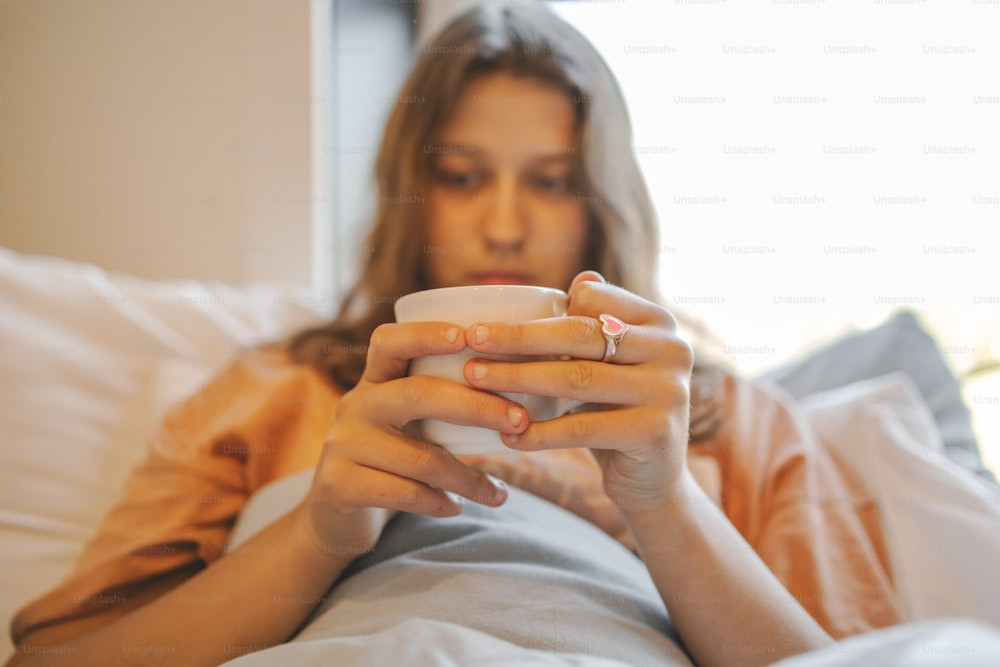
People with colds or allergies, if they drink coffee, may experience problems such as dehydration, lack of sleep and stomach upset.
Should I drink coffee when I'm sick?
People with colds or allergies, if they drink coffee, may experience problems such as dehydration, lack of sleep and stomach upset.
It is important to stay hydrated to fight infection. But drinking a lot of coffee can have a diuretic effect and cause dehydration.
Colds can also sometimes cause some digestive problems, and drinking coffee can make it worse, especially if your gut is sensitive to caffeine.
For critically ill patients, hydration is very important, so you need to be more careful about drinking coffee, explains Dr. Daniel Monti, Head of the Department of Nutritional Sciences and Integrative Medicine at Thomas Jefferson University Hospital (USA).
In addition, the patient needs to rest, but coffee causes alertness, so it should be considered when drinking.
Ultimately, recovering from an illness requires eating nutritious foods, drinking enough water, getting enough sleep, and taking the right medications. If caffeine consumption interferes with any of these things, you should stop drinking coffee, according to Health Digest.
Source link


![[Photo] Opening of the 11th Conference of the 13th Party Central Committee](https://vstatic.vietnam.vn/vietnam/resource/IMAGE/2025/4/10/f9e717b67de343d7b687cb419c0829a2)


![[Photo] April Festival in Can Tho City](https://vstatic.vietnam.vn/vietnam/resource/IMAGE/2025/4/10/bf5ae82870e648fabfbcc93a25b481ea)
![[Photo] Unique folk games at Chuong Village Festival](https://vstatic.vietnam.vn/vietnam/resource/IMAGE/2025/4/10/cff805a06fdd443b9474c017f98075a4)





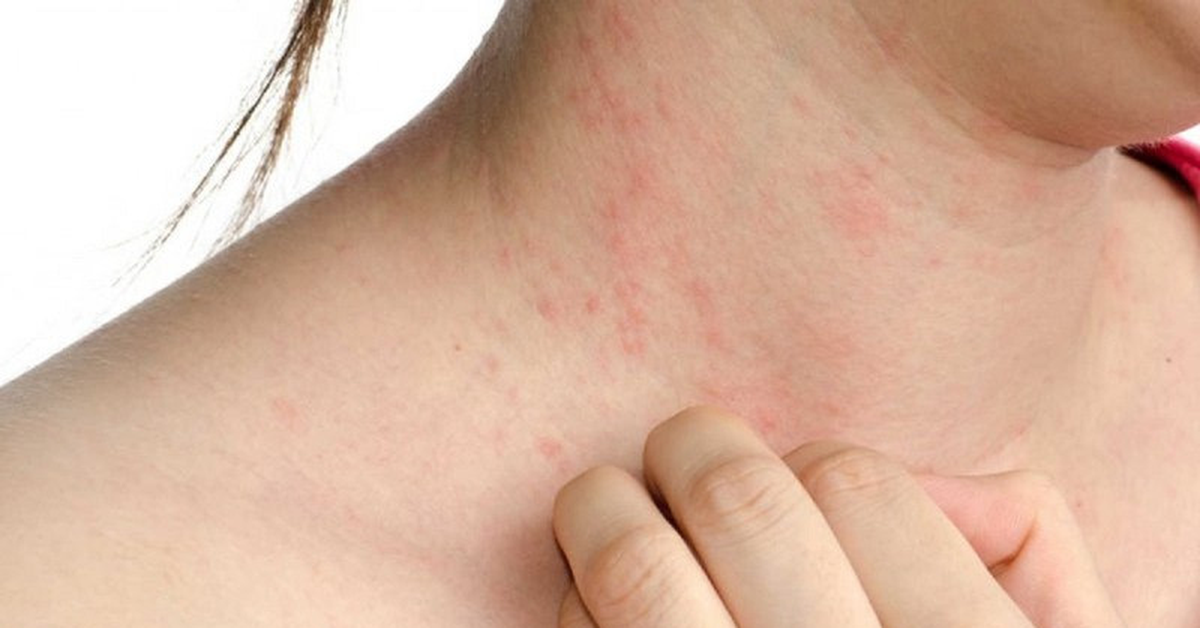

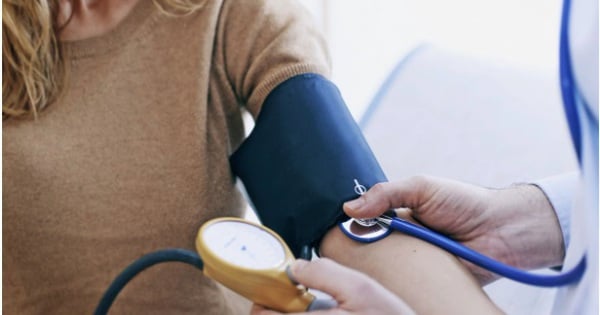

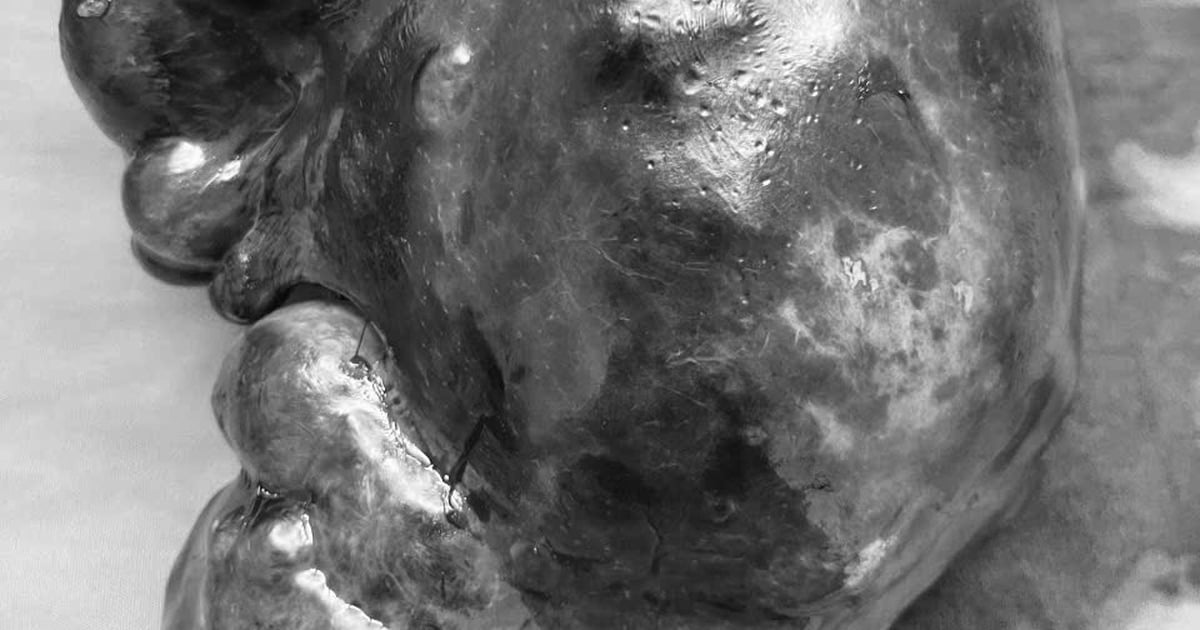


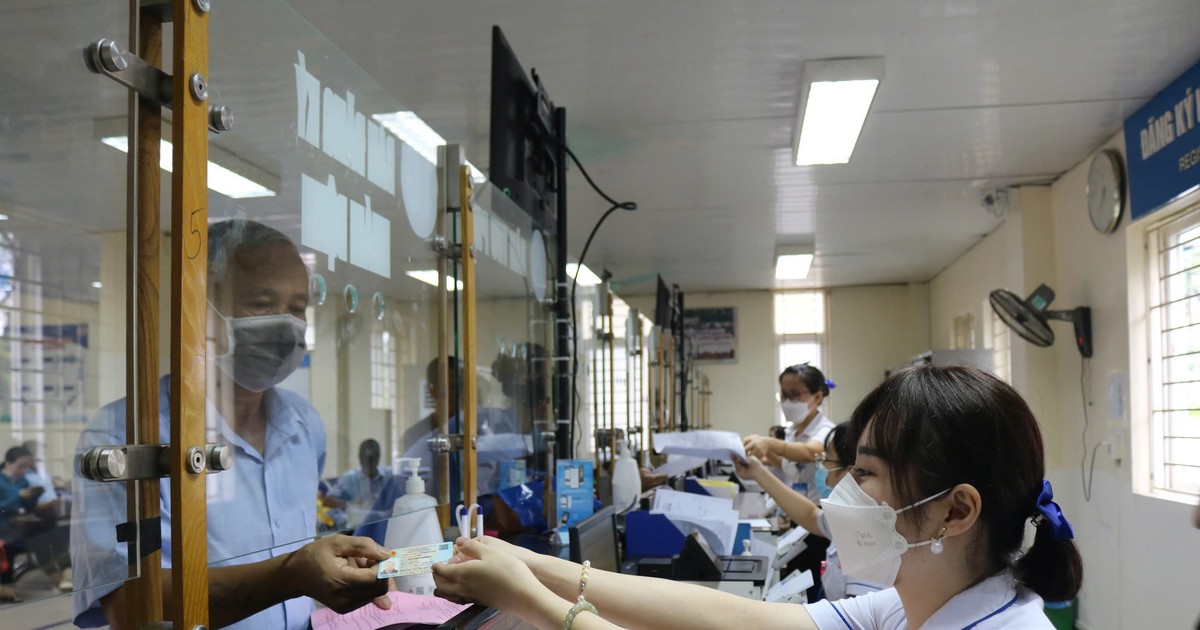
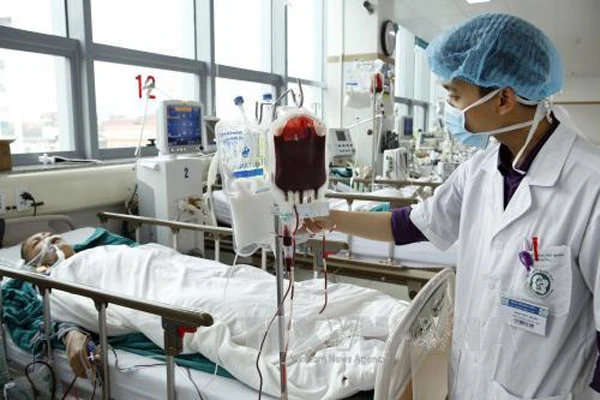
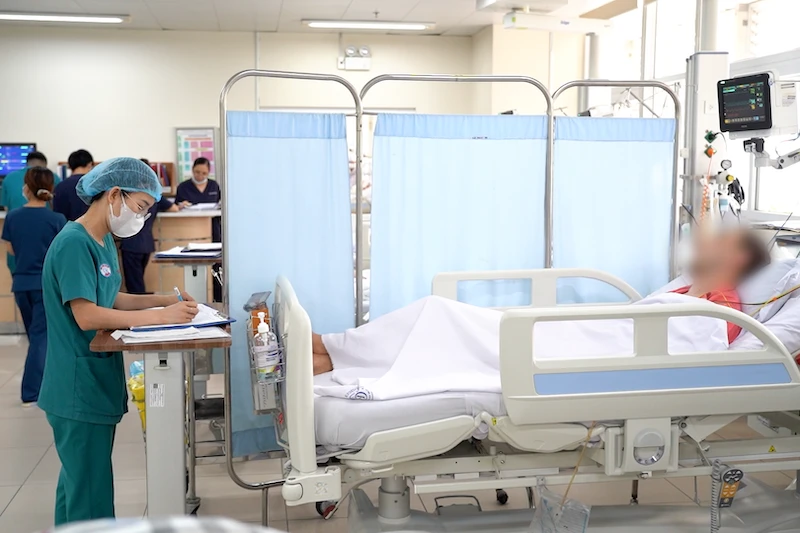







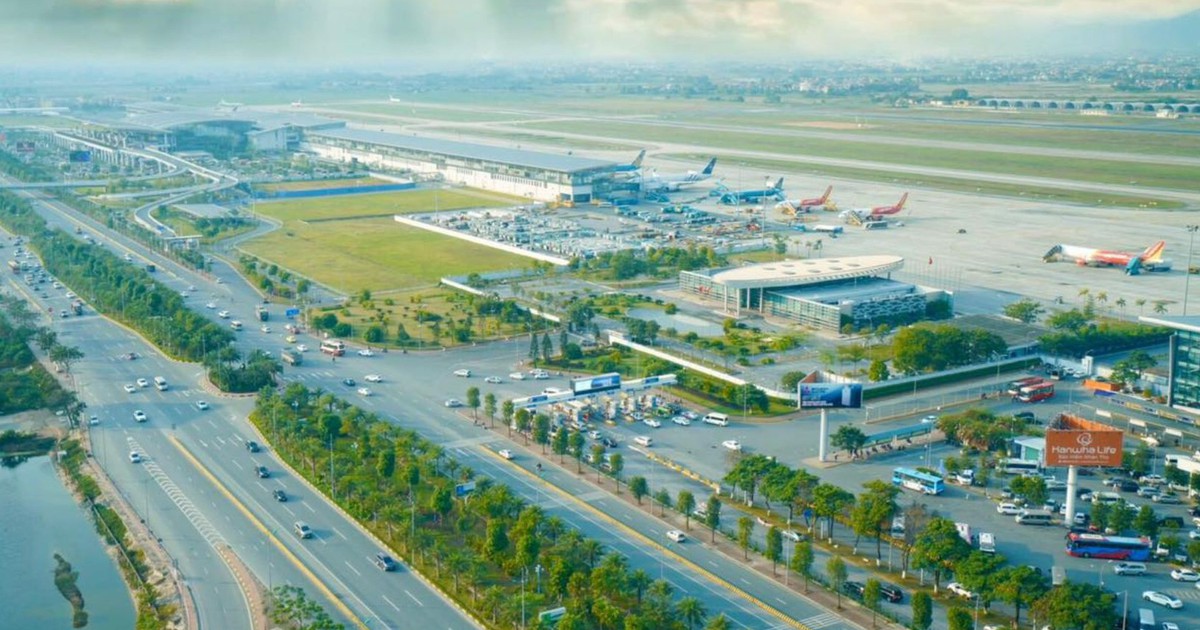
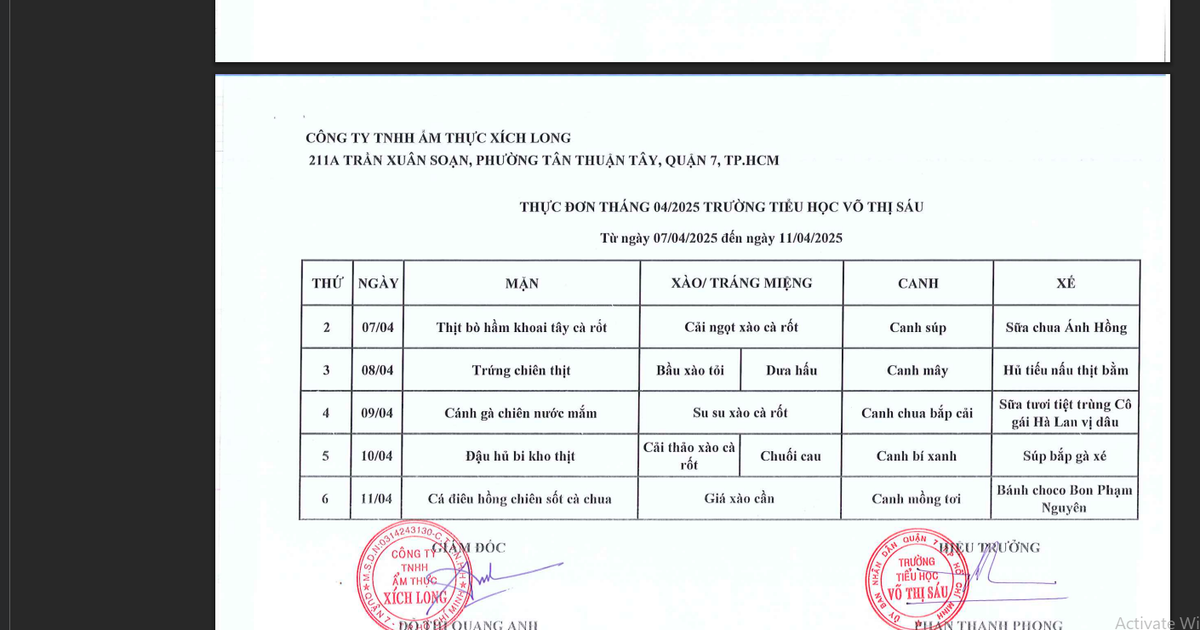



















































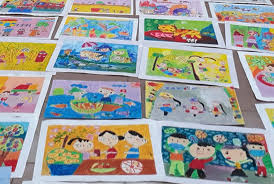




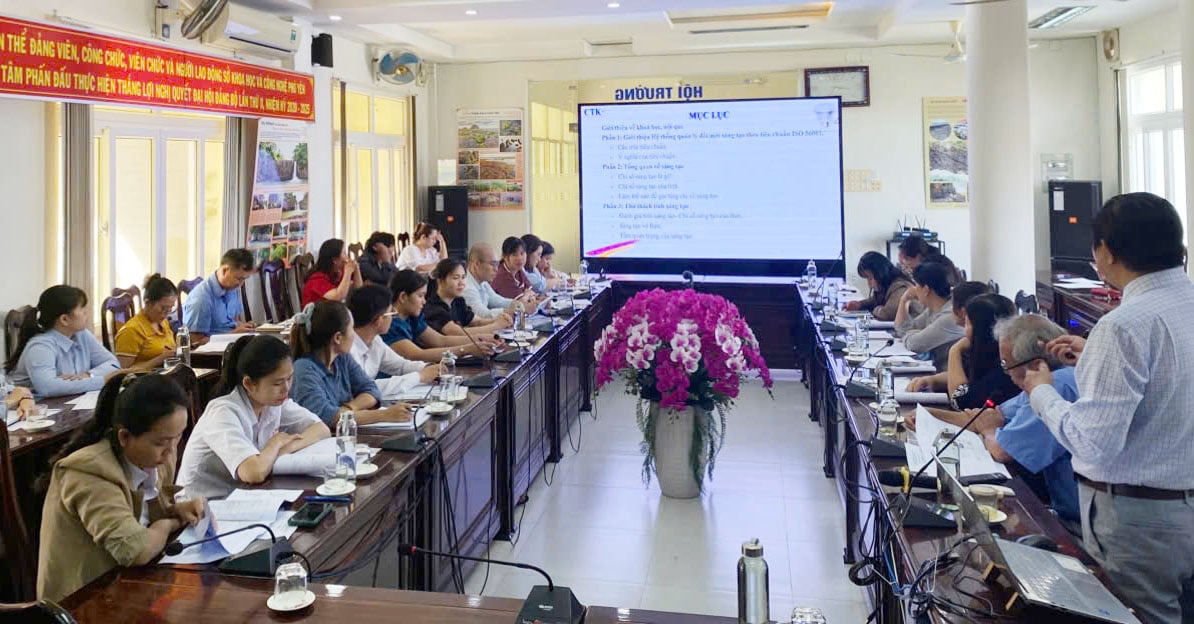










Comment (0)